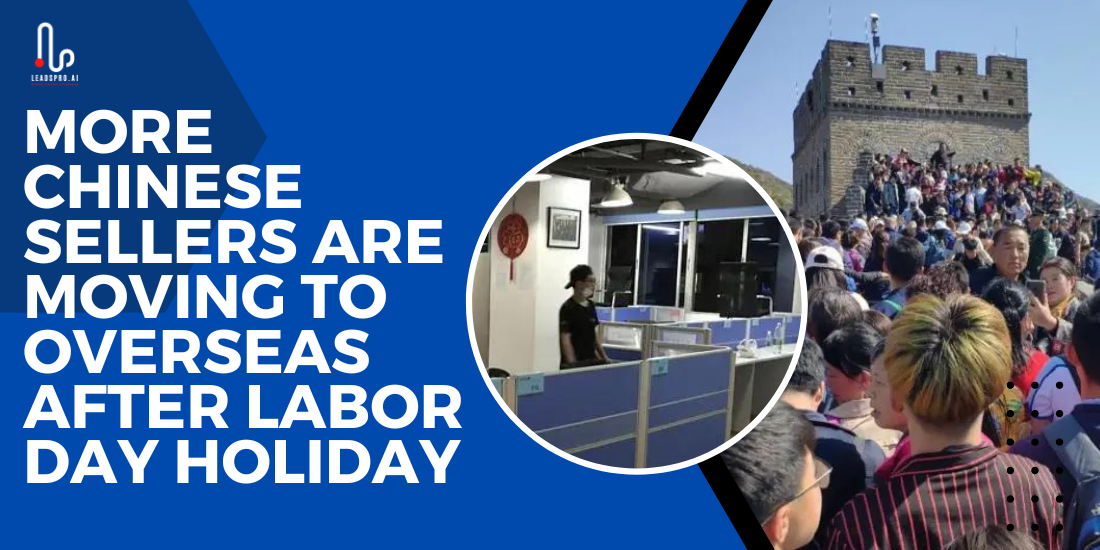The Labor Day holiday in China is a time for celebration and relaxation, but it also has significant implications for the country's cross-border ecommerce industry. This year, a record-breaking 274 million people in China traveled during the holiday, which is 20% higher than 2019, indicating the recovery of the domestic tourism industry.
Despite the surge in domestic travel, very few people traveled overseas as before, due to the ongoing pandemic restrictions. Additionally, spending per capita was also significantly lower than pre-COVID levels, which may be attributed to the impact of the pandemic on the Chinese economy.
This year, China also extended its Labor Day holiday from 3 days to 5 days, providing workers with more time to rest and relax. This was welcomed by Amazon sellers who have previously worked through the holiday due to their overseas customers' time zone. This year, most sellers took the opportunity to go on holiday, as it was the first proper holiday after COVID restrictions were lifted.
The holiday also provided sellers with a chance to recharge and come back with full energy to focus on work. As inflation in western countries is down, sellers expect a good Amazon Prime Day, which is coming up in June.
However, Amazon sellers are also more interested in exploring other sales channels like Amazon Buy with Prime, Shopify, Temu, TikTok, or even Shein. These platforms offer a wider reach and better visibility to target audiences.
Meanwhile, as the cross-border ecommerce industry in China faces additional challenges amid the sour relationship between China and the US. Small and medium sized sellers are following the supply chain to Southeast Asian countries.
At the same time, big sellers in China are now also moving their operation bases from China to the US, as they fear their marketplace accounts could be suspended due to the geopolitical tensions.
In conclusion, the Labor Day holiday in China has significant implications for the country's cross-border ecommerce industry. While it provides a chance for sellers to recharge and come back with full energy, the industry is also facing challenges from shifting supply chains, rising production costs, and geopolitical tensions. Despite these challenges, China's cross-border ecommerce industry remains a vibrant and dynamic space, with sellers constantly exploring new avenues to reach their target audience.



 https://www.linkedin.com/company/huicreative
https://www.linkedin.com/company/huicreative